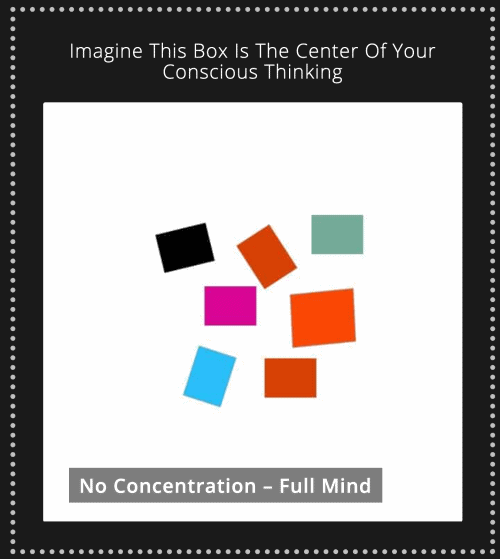How To Stop Overthinking
Stopping overthinking can cause just the opposite. The more one wishes to stop the ruminating, the more he can stick to the thoughts. Trying to think less ends up in thinking about thinking less.
The key to get out of overthinking is about learning to navigate thoughts in a wise way. In this short article, you will find information about the brain and about an e-book that invites to a change of thinking.
What are old-School Techniques on Overthinking?
Old-school techniques on overthinking are continuing the habit of endlessly analyzing or replaying situations. So, in a psychoanalytic therapy, there may be the question about “What made you think so much about your thoughts?”
This is a backwards oriented question.
What are The Pitfalls of Outdated Approaches?
Outdated approaches cab reinforce the cycle of overthinking. Their prolonged and costly nature often added another layer of worry about the overthinker, rather than offering relief.
Why is there so much Power in Individualized Short-Term Therapies?
Because of the individuation for the person, the short-term therapies by Milton H. Erickson (Hypnotherapy) and Steve de Shazer (Solution oriented short time therapy) have proven to be more successful. They emphasized individualized treatments that cater to each person’s unique circumstances, moving away from the outdated one-size-fits-all mindset.
Solution-Focused Brief Therapy (SFBT) promotes a shift in perspective towards solutions and positive aspects of life, discouraging the habit of overthinking problems and past mistakes. The ultimate goal is to construct a more promising future rather than ruminating over a troubled past.
Embracing Personal Resources: The ‘Mind Rooms’ Approach to Self-help
The ‘Mind Rooms’ concept is a young self-help method that develops modern therapeutic techniques futher.
It’s not a therapy, but a mental strategy individuals can use to combat overthinking. Envision your mind as an apartment, with each room reserved for a different type of thought.
- Anxious thoughts
- Peaceful thoughts
- Creative ideas
- Disciplining thoughts
You’re free to deposit all kinds of thoughts into these rooms. Of course, also the ones that lead to overthinking are invited to come into an own room. There, they can be, while life takes place.
You can then revisit and deal with the parked thoughts when you feel ready. Also you can leave them where they are.
Imagine the transformation in your next future (within the next minutes and hours) if you adopt this easy concept!
By assigning each thought its own ‘room’, you create more mental clarity. Knowing that every thought will be taken care of in its own time, you can better focus your attention on the present moment.
Do you want to change your pattern and see what happens?
Explore the Mind Rooms short-time therapy self-help concept, based on hundreds of systemic treatment and counseling sessions on OCD, anxiety and conflicts.
Take five minutes and read the free reading sample of the e-book Mind Rooms – ready to download for you here.
Note: If you are dealing with severe depression, seek help from a professional. These self-help strategies are meant to complement, not replace, professional help.
